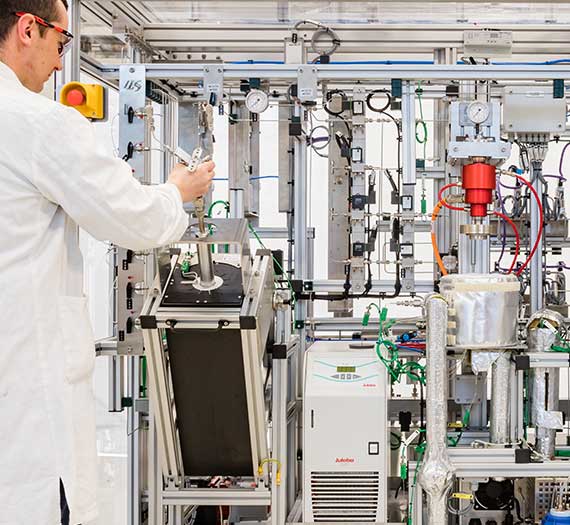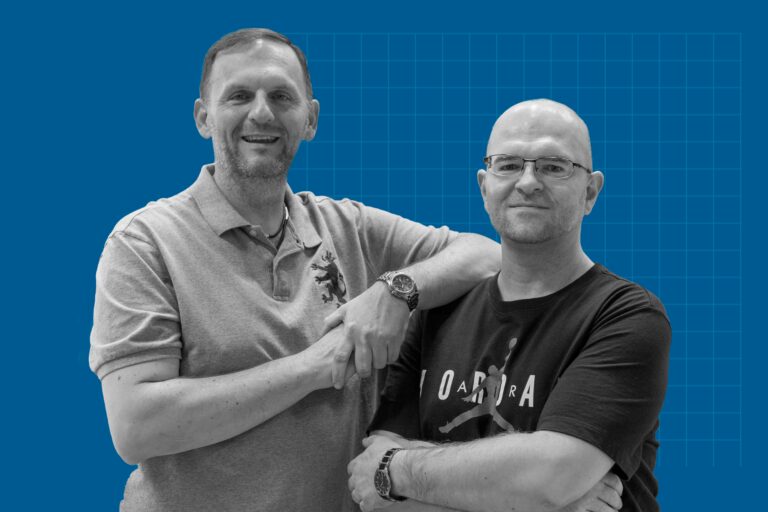Transient Differential Fixed-Bed and Integral Internal Recycle Reactor

The group of Prof. Thomas Turek – ILS oldest client – asked for a novel reactor system to help them determine the transient reaction kinetics of methanation catalysts.

Renewable energy storage is a topic of immense interest at the moment. One approach to this is the so-called energy-to-gas approach. Here, green electricity is used to generate hydrogen from water. This hydrogen can then be used to methanize CO or CO2 to methane, which can then be stored and later burned to generate electricity. One of the challenges in this young industry is accurate prediction of methanation catalyst behavior when operated under the transient conditions, which are inherent to the renewable energy production where wind and/or solar energy supply is periodic as opposed to constant. The group of Prof. Thomas Turek is ILS oldest client and came back to ILS with a request to design a novel reactor system to help them determine the transient reaction kinetics of methanation catalysts.
The TU-Clausthal wished to have the ability to operate the reactor either as a plug-flow reactor operating at high-conversions or as a completely backmixed CSTR reactor with differential per-pass conversions and no temperature or concentration gradients. Additionally the unit had to be capable of generating delta-shaped concentration shifts down to a sub-second switching frequency.
We designed a special high-speed, electronic valve actuating system with minimal dead volume to attain this

ILS designed a special high-speed, electronic valve actuating system with minimal dead volume to attain this. Implementation of the unique internal-recycle reactor technology, which ILS has licensed in from the FAU University in Erlangen made possible the perfectly back-mixed operation of the CSTR reactor. ILS seamlessly integrated a mass-spectrometer allowing for quantitative and time-resolved analysis of all products formed.
